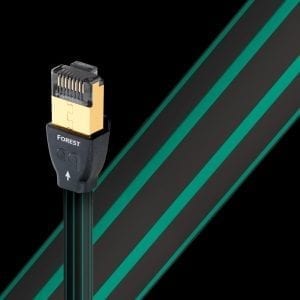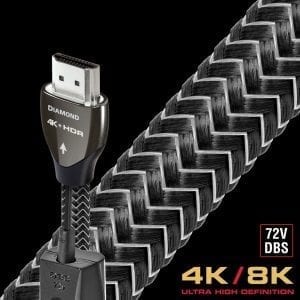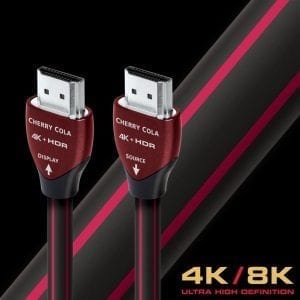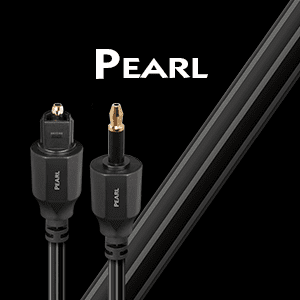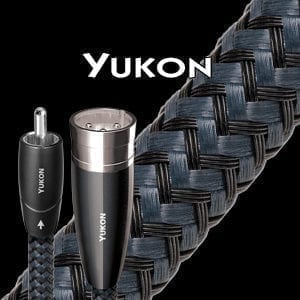Low-Z / Noise-Dissipation 3-Pole Bulk AC Power Cable
- Perfect-Surface Copper+ (PSC+) & Long-Grain Copper (LGC) Conductors
- True-Concentric Conductors Minimize Strand Interaction & Magnetic Confusion
- Ground Noise Dissipation Technology (US Patent # 9,373,439)
- Directionally Controlled Conductors
Mistral is sold in bulk only. For best results, use with AudioQuest’s high-performance Hanging-Silver over Red or Beryllium Copper Mistral AC plugs (available in US Wall, C13, or C19 versions).
GROUND-NOISE DISSIPATION TECHNOLOGY
AC Ground wires provide protection from current-wiring faults, but they also act as antennas. Thus, they are subject to induced radio-frequency (RF) noise. This RF noise bypasses component power supplies and is typically coupled directly into a system’s most sensitive audio/video circuits. AudioQuest’s patented Ground-Noise Dissipation greatly reduces this distortion, yielding unprecedented levels of noise dissipation across the widest bandwidth (range) of radio frequencies possible. Our unique circuit topology utilizes a common-mode phase-cancelling array, in concert with proprietary dielectric materials which provide additional differential linear filtering. (US Patent # 9,373,439)
HIGH-PURITY TRUE-CONCENTRIC PSC+ & LGC CONDUCTORS
With only Perfect-Surface Copper+ (PSC+) on the outside, Monsoon’s conductors are essentially all PSC+ even though the conductor core is Long-Grain Copper (LGC). Both superior metal and conductor geometry greatly reduce ear-fatiguing Transient Intermodulation (TIM) Distortion.
DIRECTIONALITY
All drawn metal strands or conductors have a non-symmetrical, and therefore directional, grain structure. AudioQuest controls the resulting RF impedance variation so that noise is drained away from where it will cause distortion. The correct direction is determined by listening to every batch of metal conductors used in every AudioQuest audio cable. When applicable, arrows are clearly marked on the connectors to ensure superior sound quality. For most models of AQ cable, the arrows not only indicate the direction that optimizes metal-directionality as part of Noise-Dissipation, but also indicates non-symmetrical attachment of shield and GND in order to optimize full-system performance.


